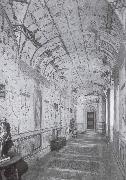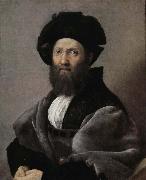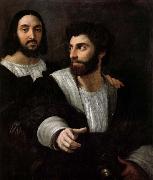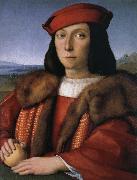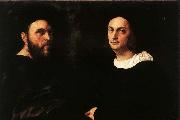huile sur la toile, vraie saveur de vieux maîtres.

|
|
|||
| Italian High Renaissance Painter, 1483-1520 | |||
|
|
|||

| |||
|
|
|||
|
|
|||

| |||
|
|
|||
|
|
|||

| |||
|
|
|||
|
|
|||

| |||
|
|
|||
|
|
|||

| |||
|
|
|||
|
|
|||
| Artiste précédent Artiste prochain | |||





